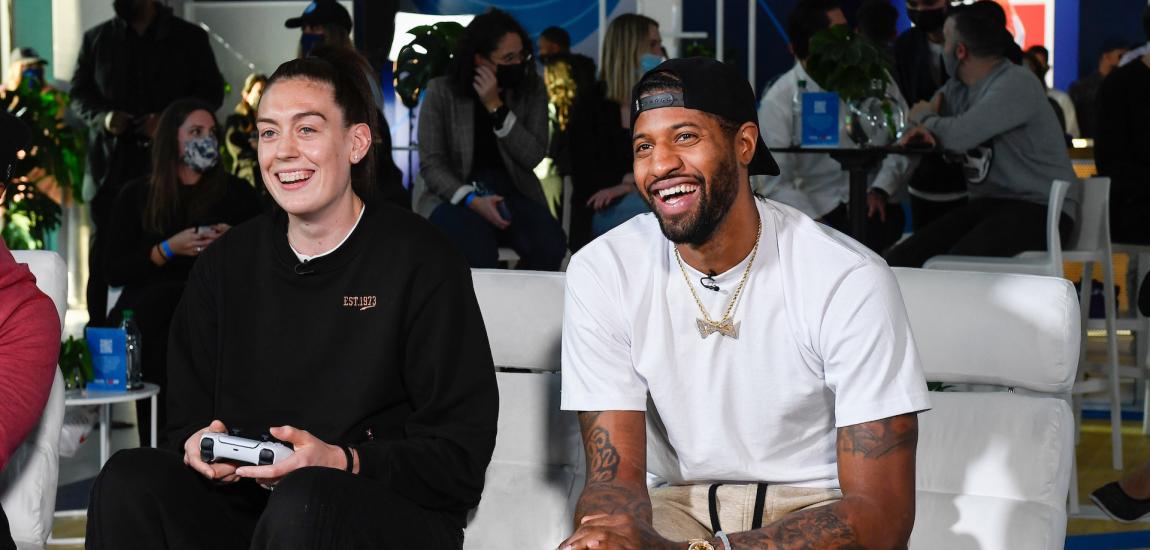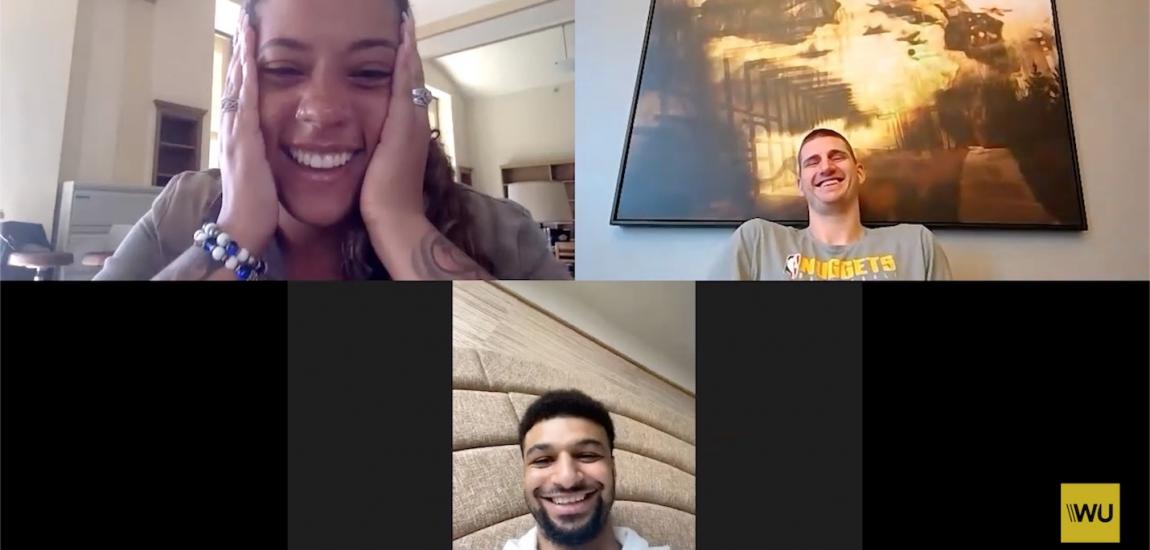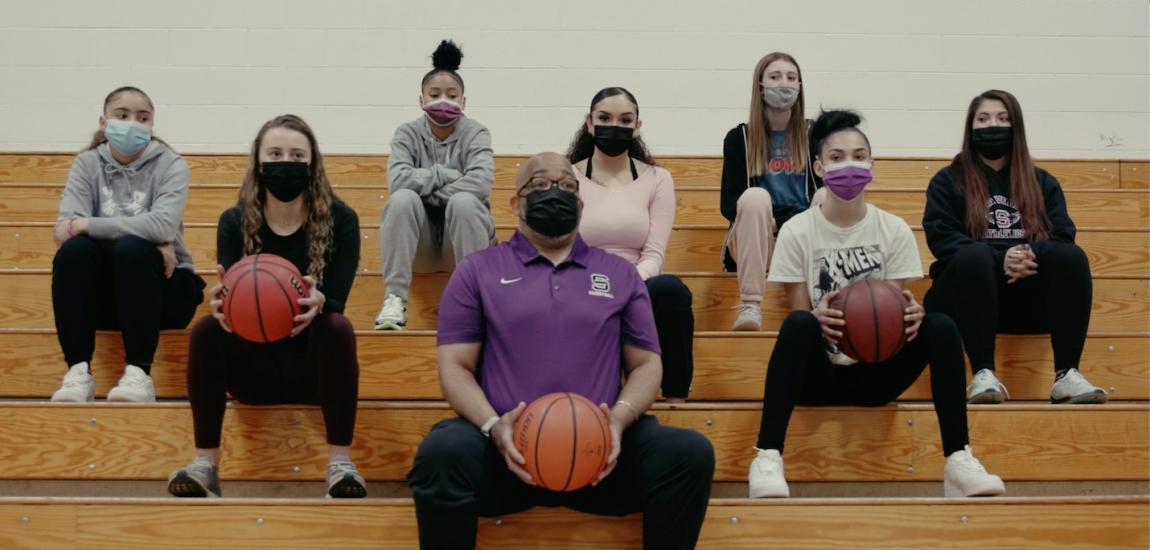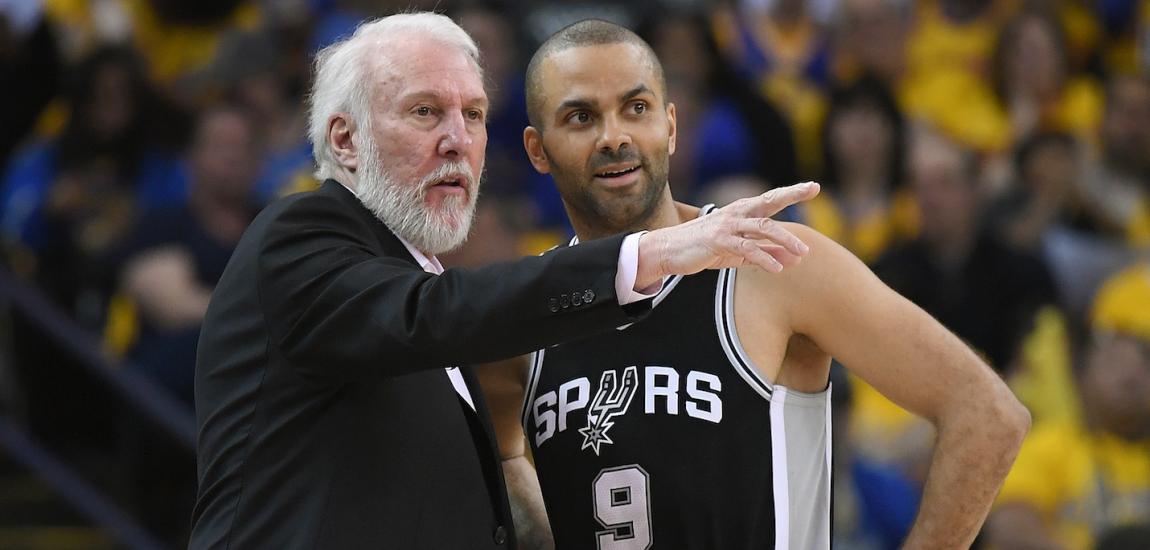
Jeremy Lin has some big decisions to make. And I'm not talking about which of the probably thousands of girls vying for his attention he should take to dinner. I'm talking about sponsorships.
We know Lin is a talented basketball player on an unprecedented hot streak with the number one selling NBA jersey and a brand that has even pushed the price of Madison Square Garden stock up. And with tickets climbing close to $10,000, companies are ready to cash in on the Lin brand. But Lin has a multifaceted image. There's his squeaky clean, evangelical Christian side and also the geek-chic, Harvard economics major side. Now that he isn't couch surfing, he could capitalize on being a sophisticated New Yorker, but then again, he's already an international star. With so many ways to connect with consumers, there’s a lot for Lin to think about.
"Soft drinks, waters, fast food, video games, personal care, autos ... he should have an endorsement with companies in every one of those categories," says Ben Sturner, CEO and founder at New York's Leverage Agency.
"He's a smart guy, and he'll pick blue chip companies. When you're Harvard educated with an economics degree, chances are your life isn't going to turn out like Allen Iverson ... plus you have this network of Harvard alums who will want to work with you."
Roger Montgomery of the San Antonio-based Montgomery Sports Group currently represents Lin. He hasn't released the names of companies blowing up his cell phone and filling his inbox to the brim, though Lin is still on a Nike contract tracing back to 2010. The Lin sneaker should be in stores next month, but a renewed contract still hasn't been signed, contrary to a New York Daily News story. Adidas is one of the competitors hoping to lure Lin from Nike when the contract ends.
If Sturner was sitting down with Lin today, he'd advise the young star to be sure his first endorsement deal is a long term contract with global company.
"It doesn't matter if the company is considered a luxury brand," he says. "It's more about global appeal and innovation that resonates and has authenticity. It needs to be something Lin actually likes or uses."
Lintendo, anyone?

Robert Boland, chairman of the sports management program at the New York University Tisch Center, says Lin's image would fit perfectly with a financial services company. But that doesn't come without risk. Financial services might signify prestige and sophistication in ways a soda can’t, but they also carry associations of bailouts and the one percent, which wouldn’t strengthen his connection to regular Americans. Fast food companies offer the same mix of risk and reward -- many of the brands are as beloved in America as they are in China and Europe, but can you really feel good about aligning yourself with greasy trans fats?
"If I was Lin's agent, I would take a look at the deal and consider the sustainability and health of it," Boland says. "You want the company to have a story with an equally happy ending as your own."
We don't know really know how happy the ending will be, but we do know Lin's career as an endorser could be far longer than his career as an NBA star. Another way to make sure the Linderella story doesn't take a sharp turn south could be an equity deal similar to the one Tom Brady has with Under Armour. If Lin and Montgomery can be patient about the money, Boland says, becoming a shareholder can really have its benefits -- a stronger relationship with the company and tax advantages.
Working with companies who are serious about doing business in China would also have long–term value for Lin and the NBA, capitalizing on the massive Asian market. PepsiCo, Inc., Ford Motor Company, The Coca-Cola Company, Dell Inc., Citigroup and Visa are just a handful of companies in The US-China Business Council that might be a good fit for Lin.
One surprising parallel might actually be Michelle Wie, who was heralded as a revolutionary Asian-American athlete when she shot a 68 at the Sony Open in 2004 at age 14. Wie did not live up to her on-course potential, but she signed huge deals with multinational corporations like Sony and even appeared recently in a McDonald's ad.
Lin's multifaceted public image could be a game changer for the NBA in an even bigger way. As a modest, Harvard-educated evangelical Christian, Lin is an entirely different kind of sports role model than the league has seen in years. When the two most recognizable names in the NBA, LeBron James and Kobe Bryant, are also two of America’s Most Disliked Athletes, you know the league is hurting for relatable stars. The league could use another David Robinson or Tim Duncan, who starred at top schools before dominating in the NBA.
"If you think back to the 1960s, a lot of the great sports stars were very marketable," Boland says. "These guys, like Bill Bradley, could have drinks with Don Draper from 'Mad Men.' The divide of the star players and the fan has grown and grown in the last 30 years, but it hasn't always been that way."

But on the other hand, in the age of Twitter and social media, Lin could give a sense of accessibility that athletes from prior eras didn't have. That translates to dollars. But it also translates to pressure -- especially in New York, where Jets quarterback Mark Sanchez started the season on the cover of GQ after his fantastic playoff success and then ended the season as the lesser Big Apple quarterback behind Eli Manning.
Even Lin teammate Carmelo Anthony was the Next Big Thing in Madison Square Garden when he was traded from Denver a year ago, but lately he's been torched on Twitter as a hurdle to Lin's success.
"It's about winning," Sturner says, "but it's also about the brand, and he's already established a following globally. He's going to have an off-night. He was consistently scoring more than 20 points per game, so eventually teams were going to catch on and get more fired up to play against him. That's what happened in Miami."
Whether Lin decides to run with his Ivy League prestige, his global stardom, his devotion to God or somehow all of the above is for the rest of us to watch with anticipation.
"Lin has made the Knicks better," Boland says. "This kid is good, and as long as he remains good, his powers as a marketer and a brand and a name aren't going anywhere."
Popular Stories On ThePostGame:
-- After The Super Bowl: Which Ads Really Worked?
-- Justin Verlander Pitches 'Fastball Flakes' Cereal To Benefit Veterans
-- NFL Combine: Fastest 40-Yard Dashes
-- Jeremy Lin: His Impact On Changing The Perception Of The Asian American Male








